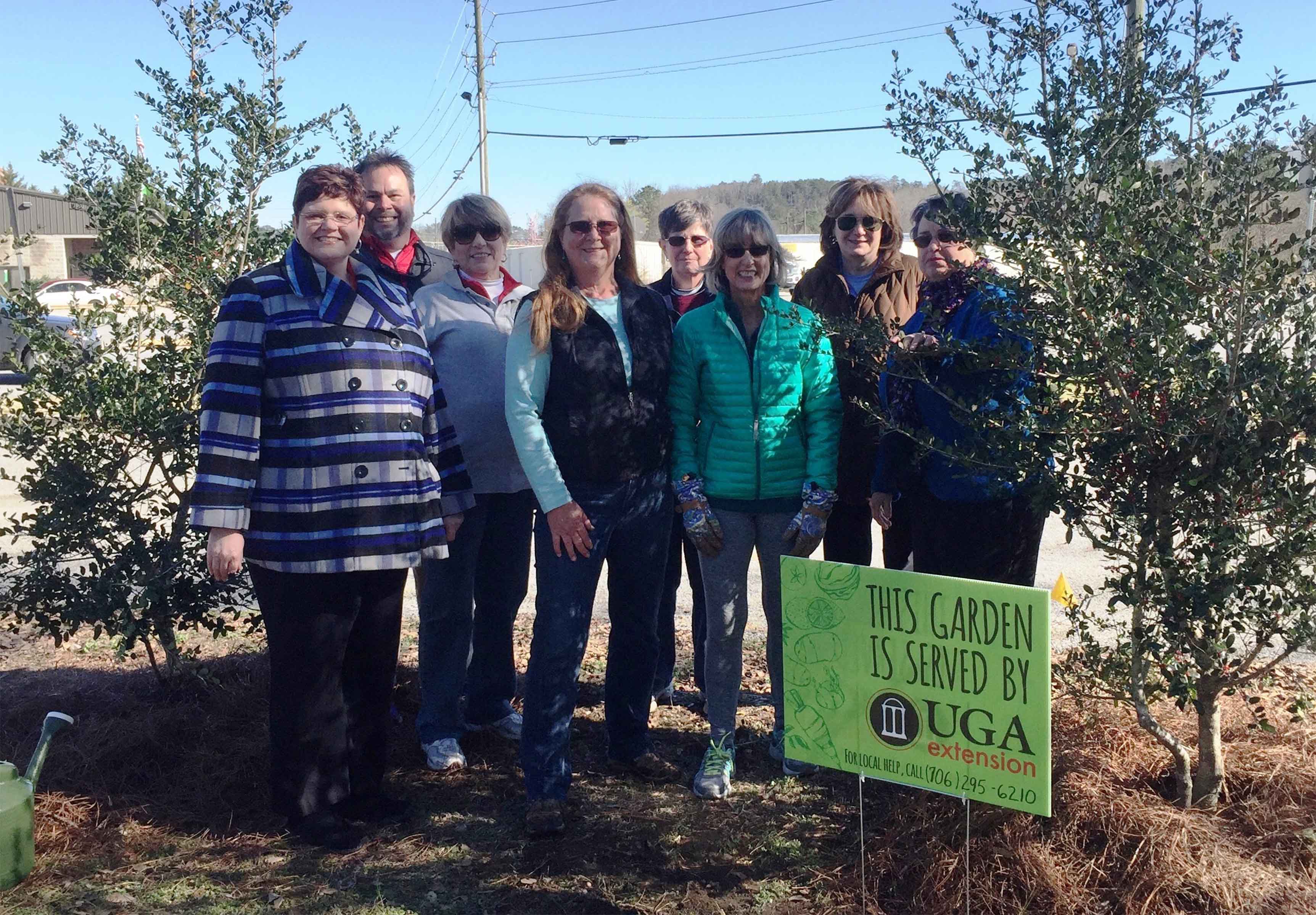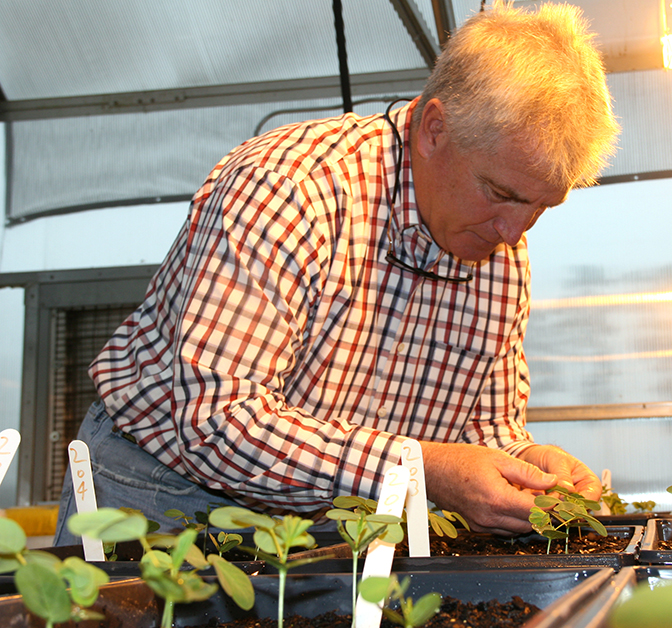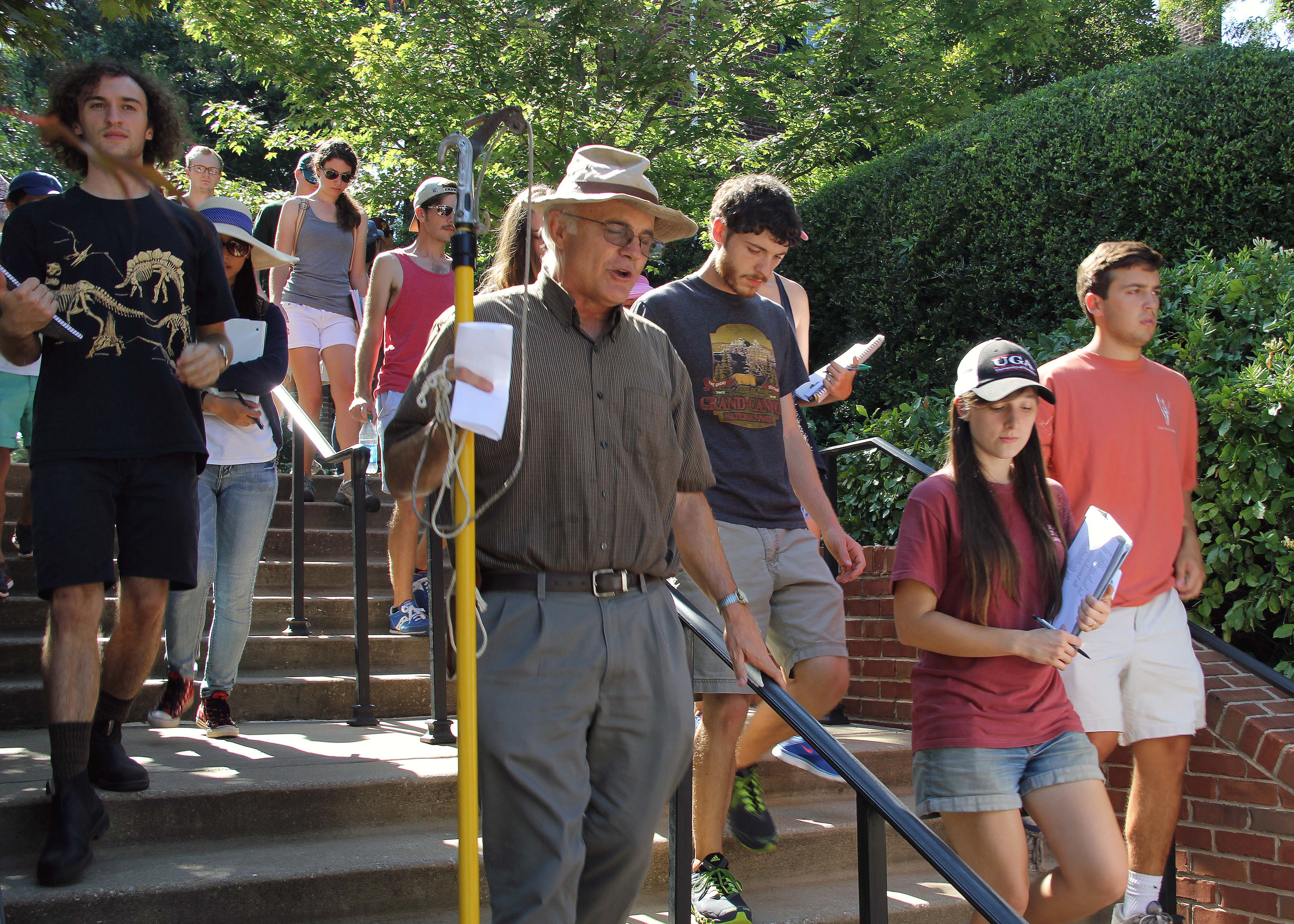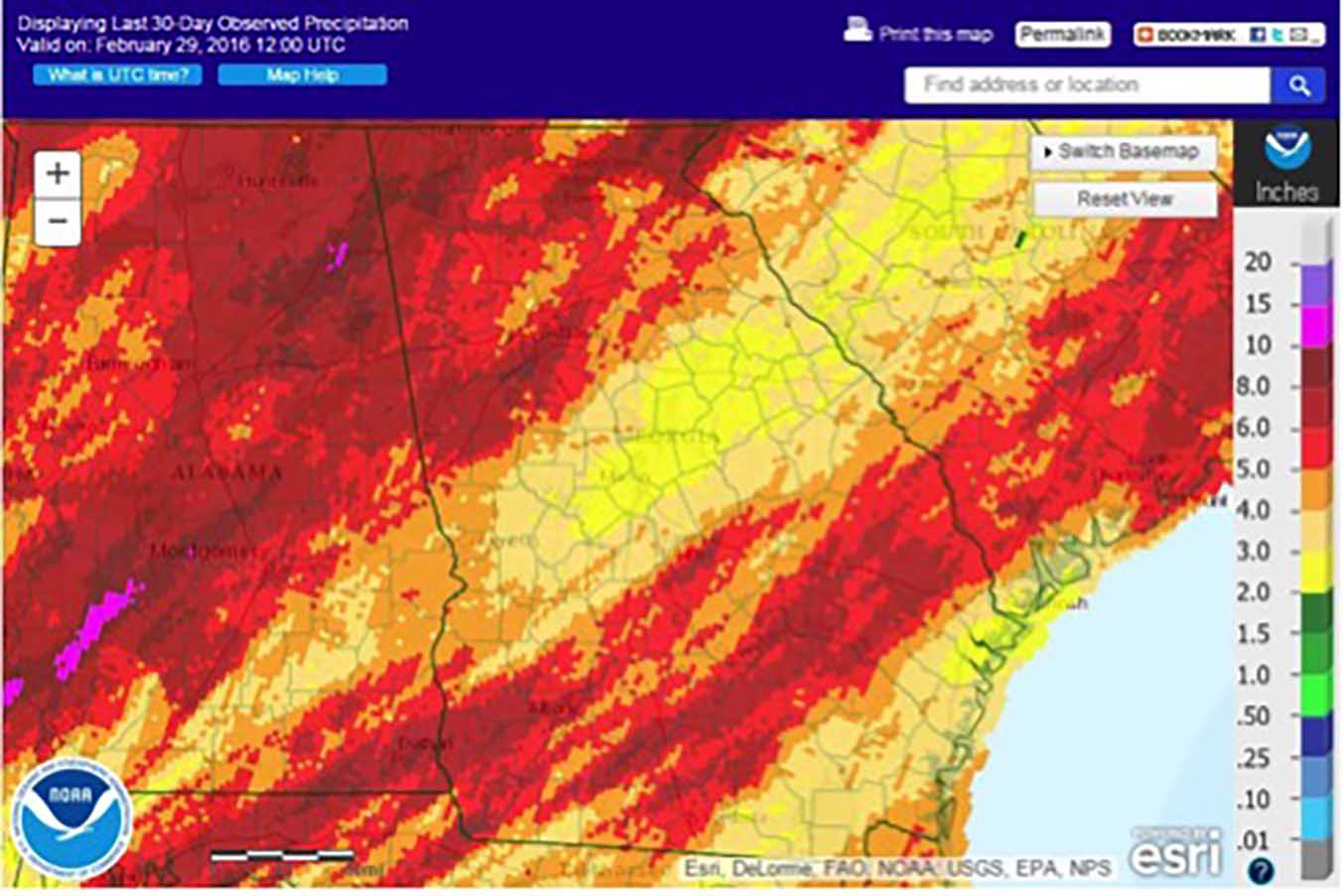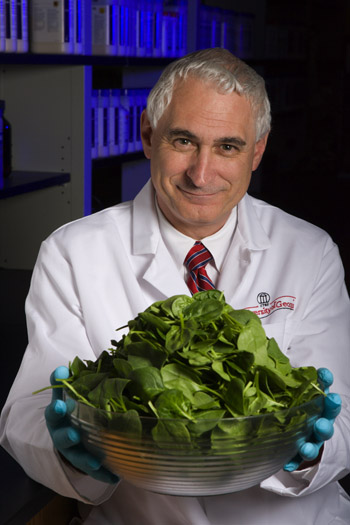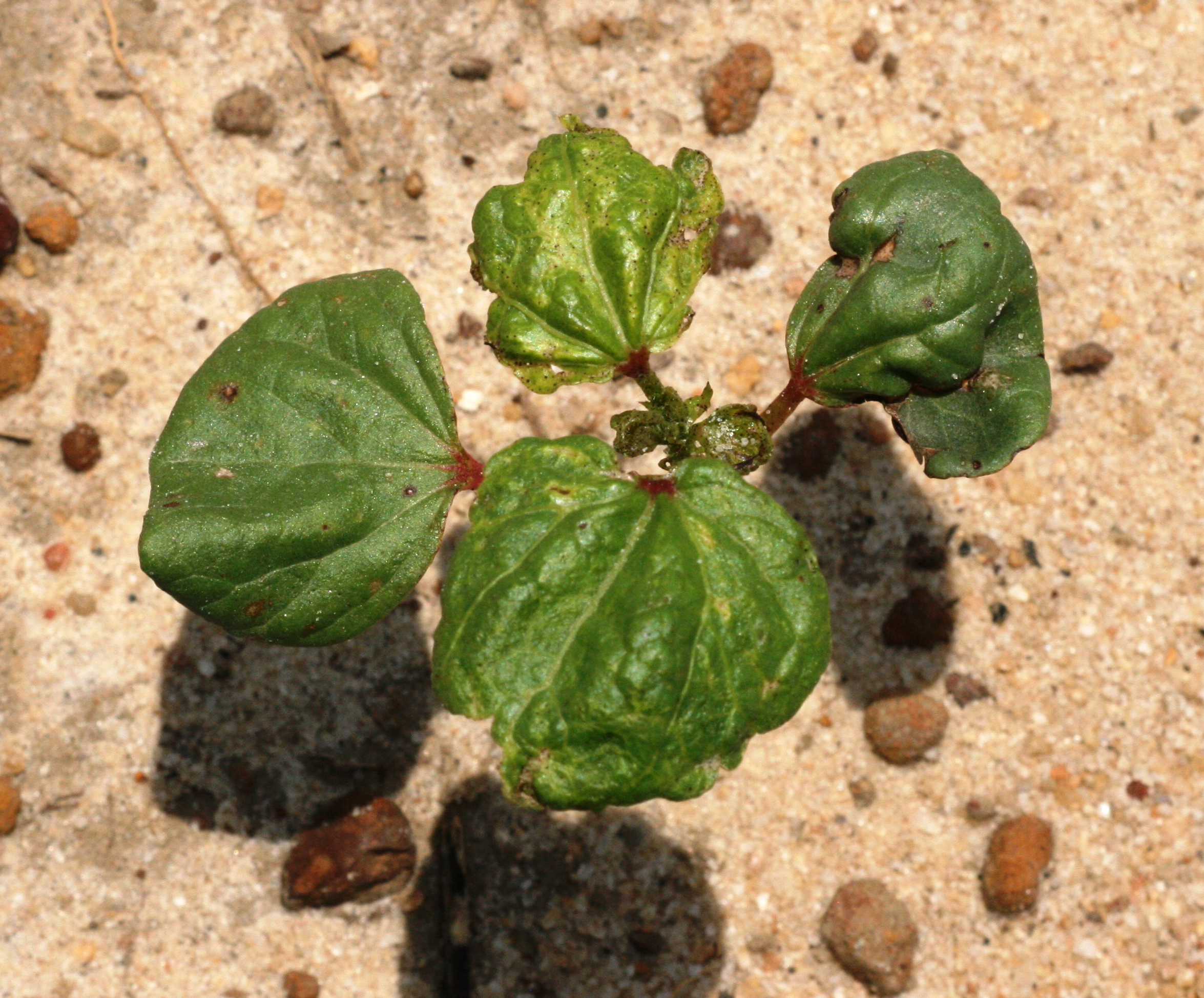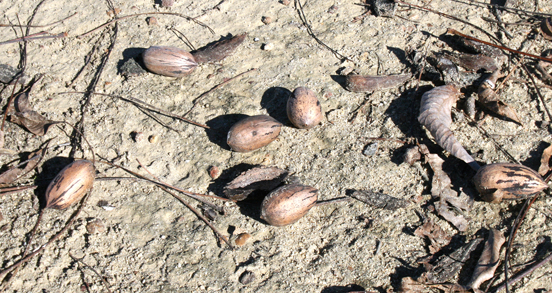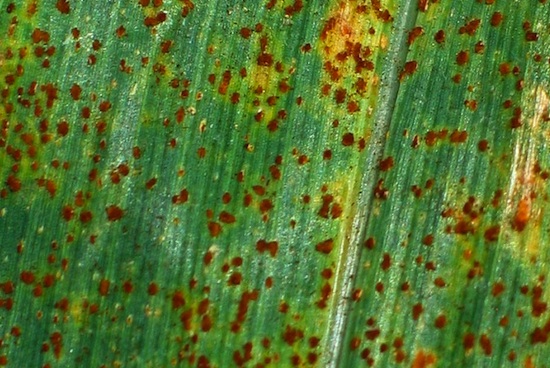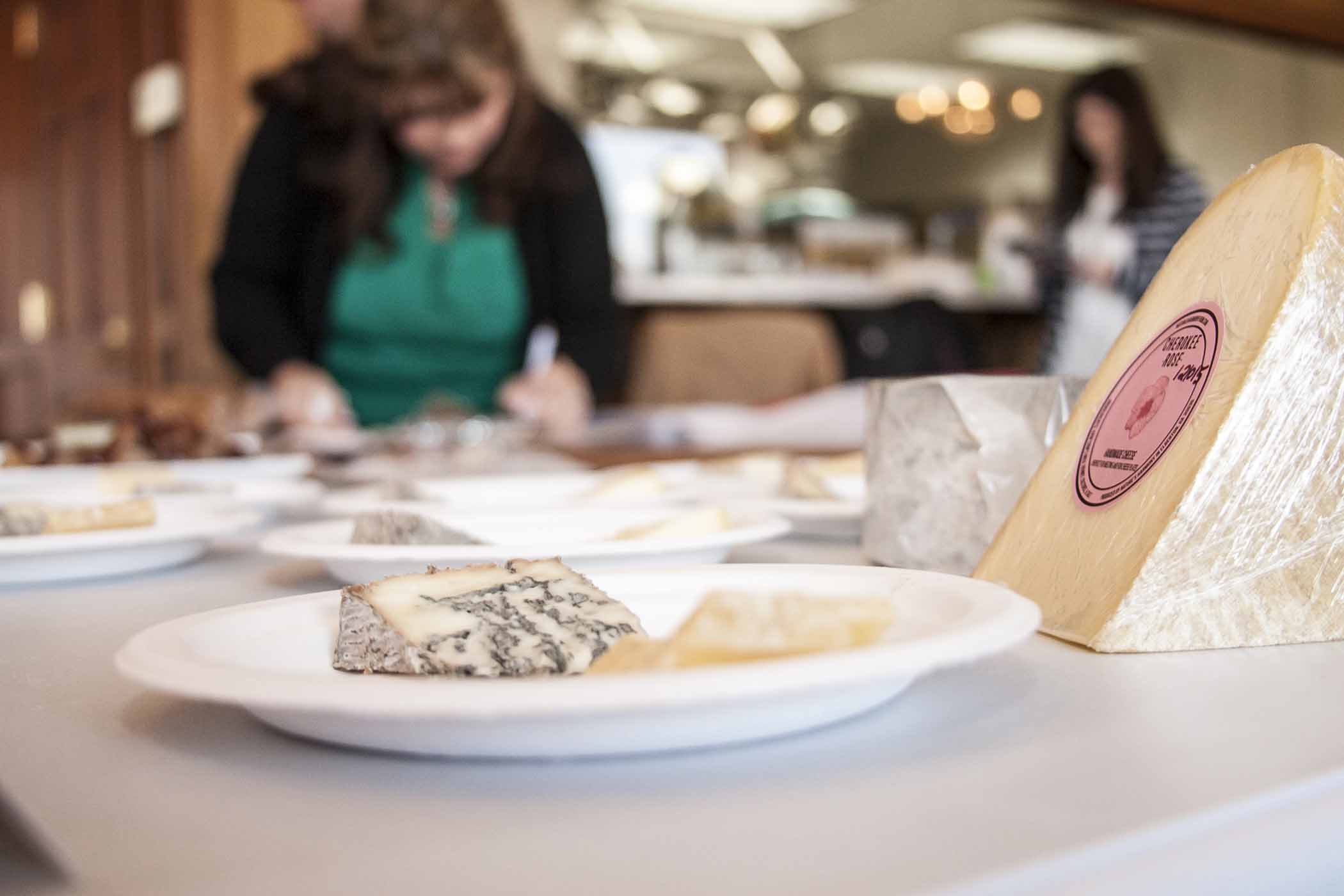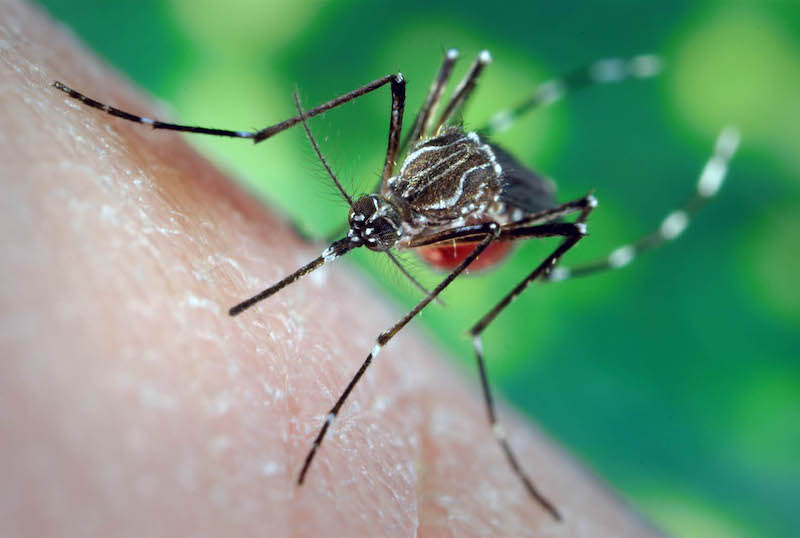 CAES News
CAES News
Mosquito Season
With warmer temperatures around the corner, Georgia’s mosquito season won’t be far behind. This year the remote chance of a southeastern U.S. outbreak of Zika — a mosquito-borne virus now prevalent in parts of South America — has university and public health officials doubling down on their message of how to control the pest.

